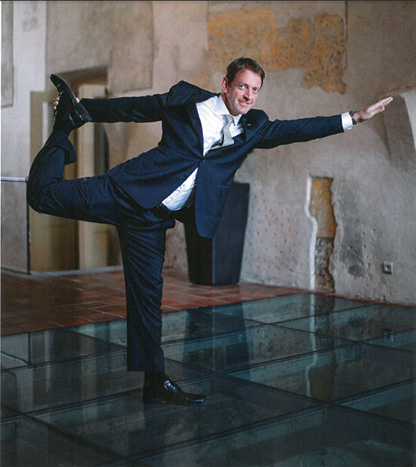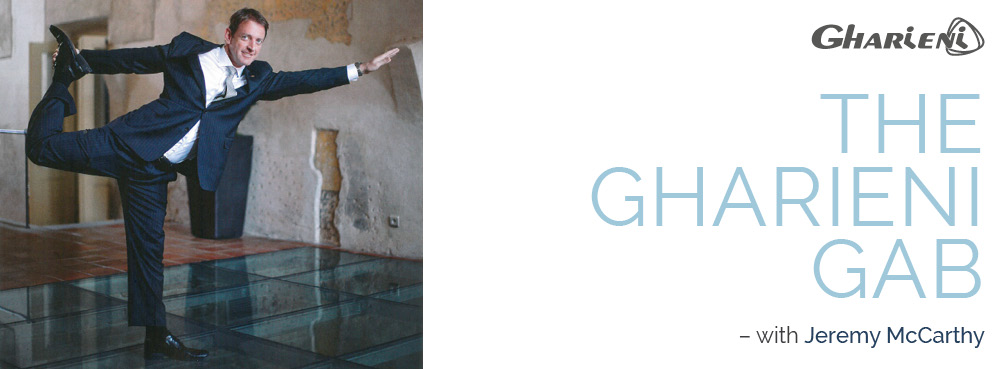America ranks #18 in the UN’s World Happiness report trailing Finland #1, Canada #7 and Australia #10. To counteract this trend, a professor at Yale designed a college course in positive psychology, not new, but she took the approach that her students would study not only the science of happiness but also the PRACTICE of happiness. Sadly, 52% of college students reported feeling hopeless (American College Health Association) so a course designed to teach how to achieve happiness became a necessity. For those not able to take the Yale course, you can take the free online version, (www.coursera.com) and establish a baseline of your own happiness with a free survey from University of PA titled “Authentic Happiness Inventory” (www.authentichappiness.sas.upenn.edu)
To increase and maintain optimal happiness, you can try the following:
1. Focus on the ordinary instead of always the extraordinary
2. Keep a daily Gratitude Journal – for one week, write down 5 things for which you are are grateful – big (your kids) small (ice cream on a hot summer day)
3. Take the time to help those less fortunate
4. Meditation increases happiness too! (and makes you healthier, live longer etc….)
Jeremy McCarthy is the Group Director of Spa & Wellness for Mandarin Oriental Hotel Group leading their internationally acclaimed luxury spa division. He has over 25 years of experience operating luxury spas in resort and hotel properties worldwide and is the author of The Psychology of Spas & Wellbeing. He is the chair of the GWI Digital Wellness initiative and hosts a blog at www.psychologyofwellbeing.com.

Interview
How did you first hear about positive psychology since you have been teaching it for a long time?
Around 25 years, I read Flow: The Psychology of Optimal Experience by Mihalyi Csikszentmihalyi, who is one of the forefathers of positive psychology. The book, about creating Flow experiences in our lives, has been the book that has most impacted me in my life.
What are the challenges of pursuing happiness?
Happiness is important, but paradoxically, striving for happiness can make us miserable. This is why Buddhists teach people to recognize that suffering is an important part of life and to “let go” of attachments. Happiness is fleeting and trying to hold on too tightly to happiness as a life goal can lead to frustration.
What about Flow experiences?
Flow experiences are a good approach because Flow does not mean everything is easy. When everything is easy, we get bored. Flow experiences are characterized by a good balance between confronting challenges, and having the strengths to meet those challenges. Using our strengths to overcome challenges not only feels good, but it can also make life more meaningful.
What does positive psychology have to do with the spa industry?
The spa industry is all about making people feel good. It used to be that this meant working on the physical aspects of how our bodies feel and look. Nowadays, I think people are much more concerned with how their mind is functioning. In the age of technology, we are processing more information than ever before and we need places where we can go to disconnect from technology, practice quiet contemplation, and reconnect to our higher values. In the modern age, the spa experience is, first and foremost, a psychological experience.
You wrote a book on The Psychology of Spas & Wellbeing, what does it cover?
The book originated as my thesis on the psychology of spa when I was studying applied positive psychology at University of Pennsylvania. It is a review of different research in the field of positive psychology and how it applies to the things we do in the spa business. It is about creating experiences in the spa that help guests to find meaning, mindfulness and happiness.
Favorite Spa treatment – I don’t have a favorite. The best treatment happens when you let a good therapist do what they want to do.
Fun Fact about you -I love the beach, playing beach volleyball and surfing!













